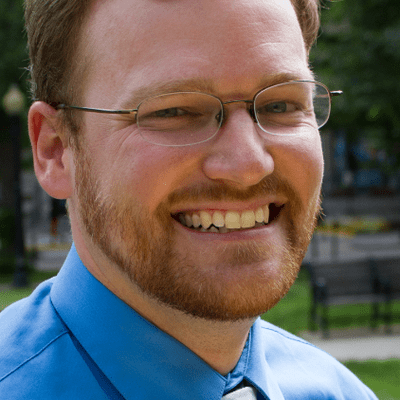Introduction
Usually, if you make a political run against someone in your own party, you have just one chance any given year: the primary election. But under new rules passed by California voters in 2010, several intra-party feuds are continuing until November in the Golden State.
Tuesday was the first state-wide test of the new “jungle primary” or “top-two primary,” in which all candidates compete against each other regardless of party affiliation. Only the top two vote getters will be on the November general election ballot. In a handful of races, this means voters will see two Democrats — or two Republicans — pitted against one another.
Political scientist Bruce Cain, the executive director of the University of California Washington Center, says these intra-party fights will be “spots of white-hot intensity.”
While votes are still being counted in some regions, intra-party battles appear likely in several congressional districts, including California’s 30th and 31st Congressional Districts.
In both of these races, super PACs and other outside groups have already spent significant sums in support of their preferred candidates — and are not likely to stand down any time soon.
Thanks to redistricting in California’s 30th Congressional District, two Democratic incumbents — Reps. Brad Sherman and Howard Berman — squared off on Tuesday and are now headed to a rematch in November.
Sherman prevailed on Tuesday by about 10 percentage points, despite more a half-million dollars being spent by a pro-Berman super PAC.
“This campaign wasn’t geared toward June,” Berman told his supporters who gathered at his campaign headquarters Tuesday night, the Jewish Journal reported. “It was geared toward November.”
The Committee to Elect an Effective Valley Congressman, which was launched in December with the primary purpose of supporting Berman, spent more than $550,000 on independent expenditures touting the veteran lawmaker who was first elected to the U.S. House of Representatives in 1982.
“The committee believes that its efforts were effective at raising voter awareness regarding Congressman Berman and his contributions to the local community,” said super PAC treasurer Beverly Palmer, adding that the group plans to “continue to advocate for Congressman Berman’s re-election to Congress.”
The bulk of the group’s funding has come from two sources, which each have given $100,000.
One contribution came from Peter Lowy, an executive at Westfield Corp., one of the world’s largest retail property groups. And the other came from venture capital firm Mapleton Investments, which is chaired by billionaire cable TV executive Marc Nathanson.
Meanwhile, in California’s 31st Congressional District, the National Association of Realtors spent more than $800,000 trying to help its favored candidate, incumbent GOP Rep. Gary Miller, who, on Tuesday, prevailed over fellow Republican Bob Dutton by about 1,000 votes and nearly 2 percentage points.
Dutton’s strong performance appears to have beat Democrat Pete Aguilar by roughly the same margin — meaning Aguilar will not appear on the November ballot in a district whose voters favored President Barack Obama in 2008.
Dutton was aided by a super PAC called “Inland Empire Taxpayers for Jobs,” which spent about $70,000 on pro-Dutton mailings. Dutton’s father Ted ponied up $25,000 of the $60,000 the super PAC reported in receipts prior to the primary, including money from Ted Dutton’s consulting company.
For his part, Aguilar was backed by a super PAC called “Restoring Our Community” to the tune of about $160,000, most of which went into phone banks and canvassers. The super PAC was funded primarily by the California Credit Union League, which gave $250,000 through its PAC, and San Manuel Band of Mission Indians, which gave $75,000.
Sara Wiskerchen, a spokeswoman for the National Association of Realtors, commended Miller for “for running a great race” and said the organization “has not yet made plans regarding any possible future activity.”
Tuesday’s primaries were “just a dry run,” says Kyle Kondik, House editor at the University of Virginia’s Center for Politics.
“The races will just continue in earnest, and that includes the spending,” he added, noting that intra-party contests can get “extremely nasty” because there aren’t many ideological differences between the candidates.
The end result, Kondik says: politicians and their super PAC allies will be fighting over “political minutiae and style.”
Elsewhere in the state, Democrat Julia Brownley finished second behind Republican Tony Strickland in California’s 26th Congressional District after Democratic groups spent more than $1 million on independent expenditures advocating for Brownley or against independent Linda Parks, who finished third.
Read more in Money and Democracy
Money and Democracy
U.S. Chamber, GOP block election ad transparency bill
Corporate speech trumps disclosure of donors
Money and Democracy
Nonprofits outspent super PACs in 2010, trend may continue
Secret donors underwrite attack ads

Join the conversation
Show Comments